Last week the new chancellor Jeremy Hunt unveiled a series of spending and tax hikes totalling £55 billion. This was a stark contrast to his predecessor Kwasi Kwarteng’s ill-fated plan for £45 billion in tax cuts, less than two months ago, which caused turmoil in the markets, increased the cost of borrowing, and greatly damaged the economic credibility of the UK. It’s clear that the chancellor has set out plans for almost £25 billion in tax increases and more than £30 billion in spending cuts by 2028 in an attempt to restore the economic credibility of the UK while also trying to close the estimated £58 billion “black hole” in the country’s finances.
In his speech he unveiled several major changes to taxes and spending that would affect individuals across all income levels.
Income tax and national insurance thresholds
The chancellor has imposed a freeze on the personal allowance, national insurance, and inheritance tax thresholds until 2028. However, there have been changes to the income tax levels themselves which are illustrated below.
From the table, we see that while the base rate for income tax has remained the same at 20% for earnings between £12,571 and £50,270 a year and will be frozen until 2028, the threshold for the top rate of income tax will fall from £150,000 to £125,140 from April 2023. This means that an estimated 232,000 people will be paying the top rate of tax when the changes come into effect. The larger impact of these threshold freezes, however, is how they function as stealth taxes, dragging taxpayers subtly and gradually into higher tax bands as a result of inflation and related salary increases.
According to the OBR (Office for Budget Responsibility), the now six-year freeze in thresholds will result in a total of 3.2 million new income taxpayers and 2.6 million more people dragged into the higher tax bracket over the coming years.
Taxes on energy companies
The chancellor has announced that the windfall tax on energy and oil companies will not only be extended but also the level of windfall tax will increase. This means that from January 2023 until March 2028 energy giants will have to pay 35%, instead of the current 25% on their profits. A windfall tax put simply is a tax on excessive and unfairly obtained profits often due to geo-political or supply side disasters such as war. The increase in windfall taxes was announced along with a planned temporary 45% levy on electricity generators – many who have greatly gained from similar increases in electricity prices. These two taxes are estimated to raise £14 billion next year.
Pensions and minimum wage
Pensions are protected by what is known as the triple-lock system which guarantees an increase in pensions in line with average earnings, inflation, or 2.5% – whichever of the three is higher. With inflation being at a 41 year high reaching a rate of 11.1% in October the chancellor announced in his autumn budget statement that pensions were set to increase by 10.1%. While this is below the current inflation rate the OBR has forecasted inflation to fall to 9.4% by the end of 2022 and 7.4% in 2023. There have been similar increases to the national living wage which will rise from £9.50 an hour to around £10.42 from April 2023 – a 9.7% increase.
Energy bills
All UK residential property owners are currently being protected by the energy price guarantee which limits the amount you can be charged per unit of gas or electricity. In terms of annual energy bills this equates to a cap of 2500 pounds for the average household. While the guarantee was initially set to end in April 2023, it has been extended to April 2024 but with the cap now rising to 3000 pounds.
General outlook
In a time where millions are already struggling with the increase in energy and food prices with many having to choose between the two is it truly the correct time to be engaging in fiscal austerity? Further concerns about the impact that fiscal austerity will have on the economy come after a report by the OECD forecasting the UK to be the only G20 member apart from Russia to face a contraction in growth next year. Hunt stated that according to the OBR the UK has already officially entered a recession and that his plans will ensure a ‘shallower downturn’ for the economy. However, key macroeconomic forecasts for 2023 onwards and basic economics suggest otherwise. With the economy being expected to shrink by 1.4% in 2023 and unemployment expected to rise by roughly half a million in 2024 there are warranted concerns that spending cuts will just deteriorate living standards further making what could have been a small recession into a huge one.







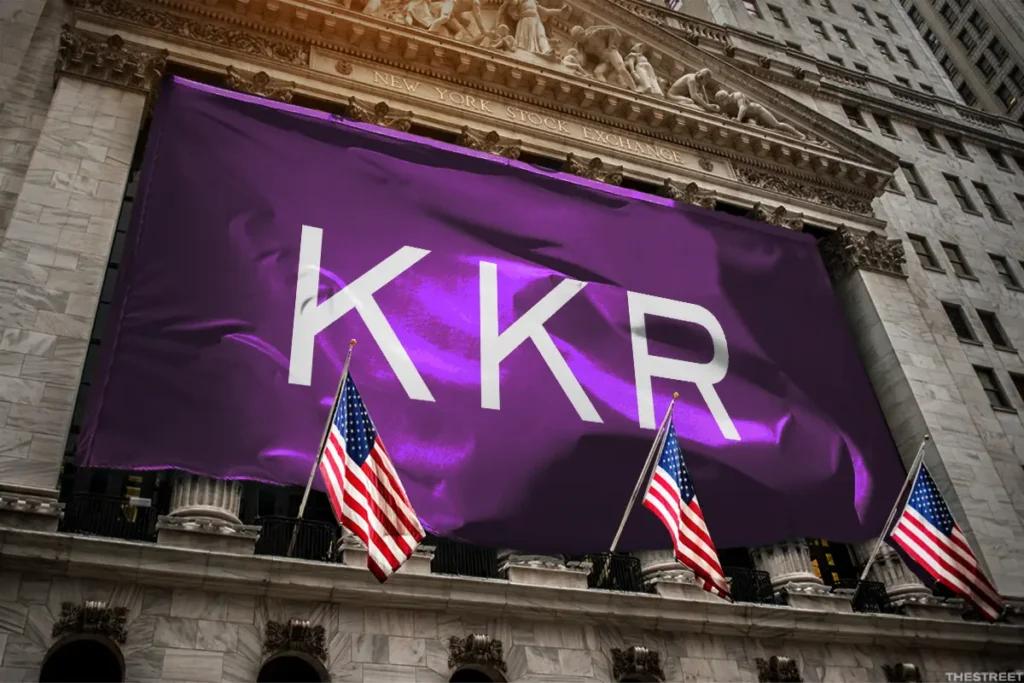


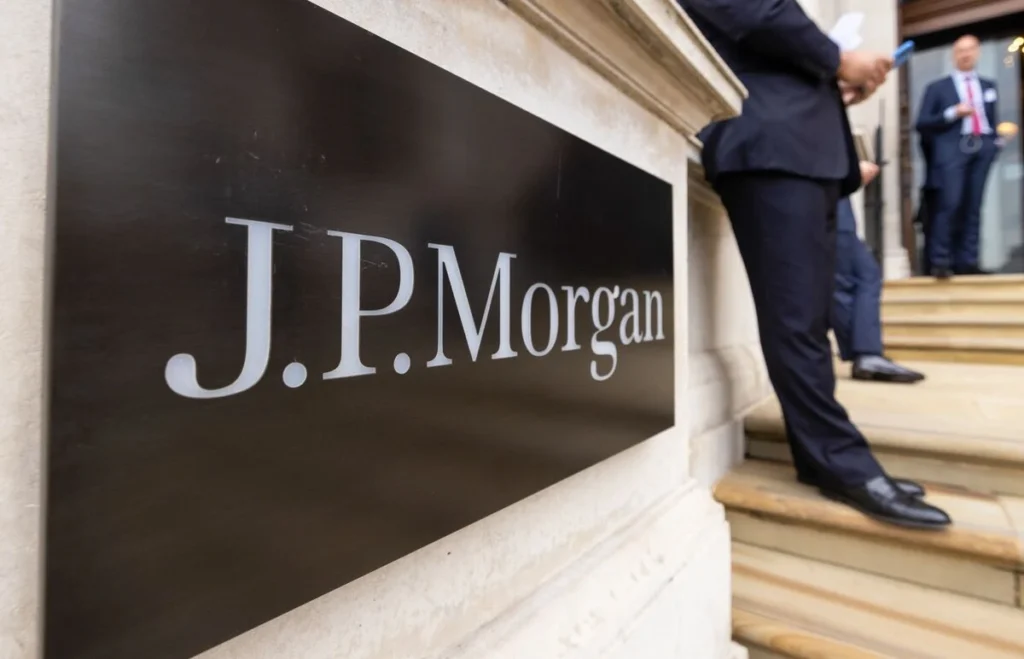








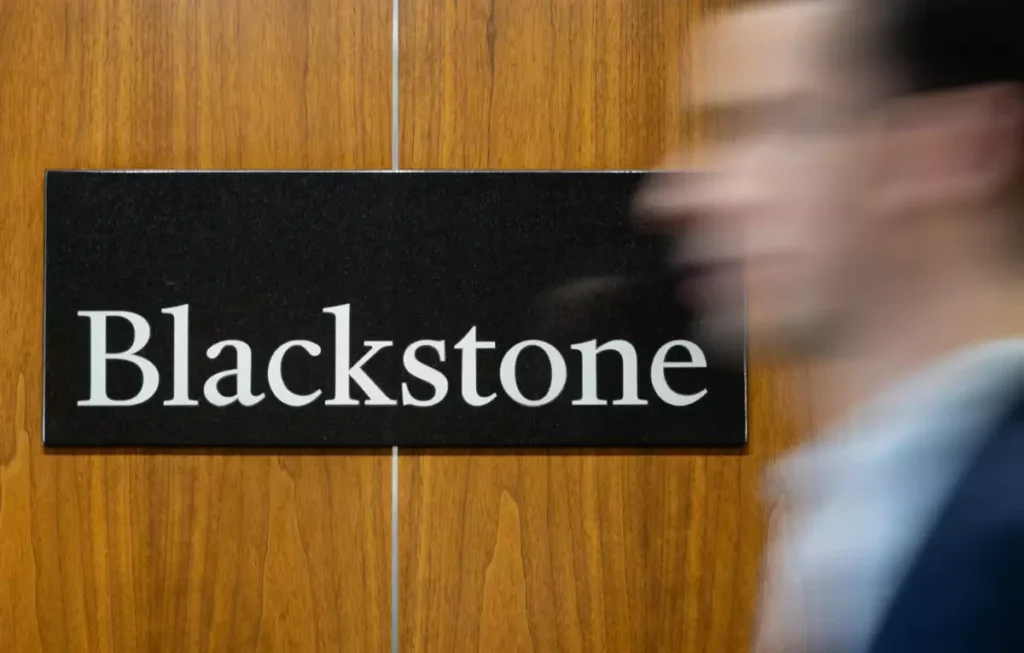

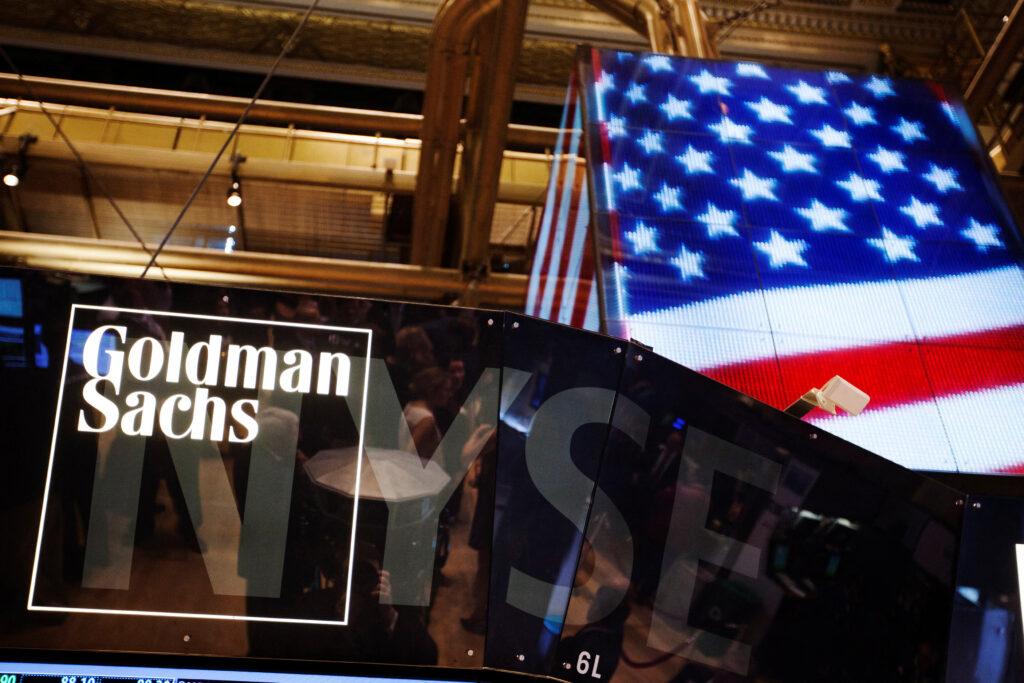
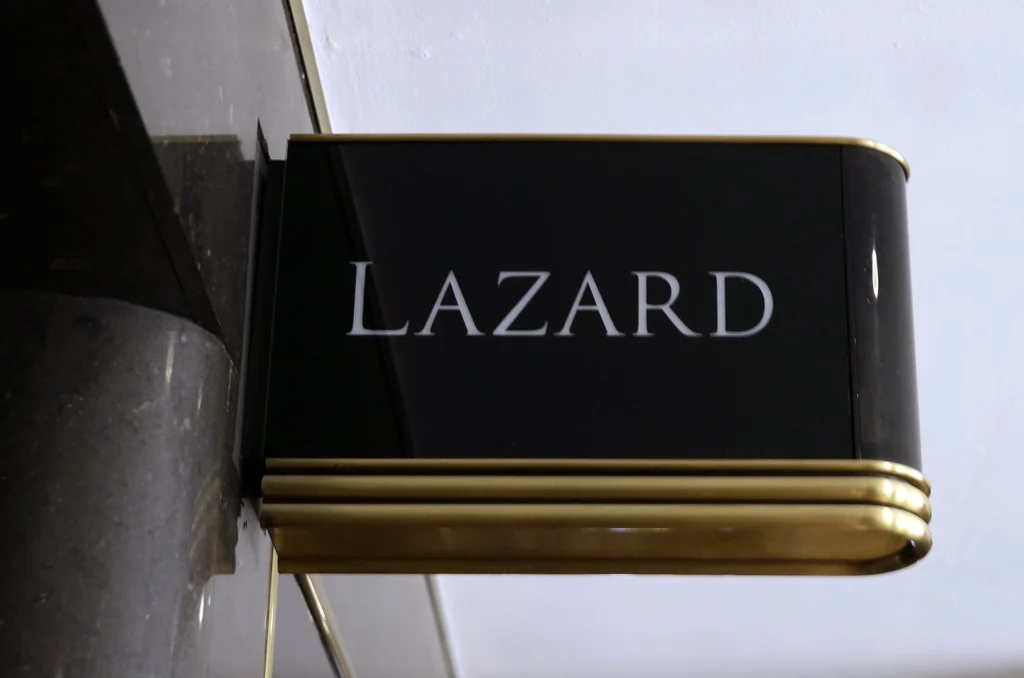






Continue with Facebook Continue with Google